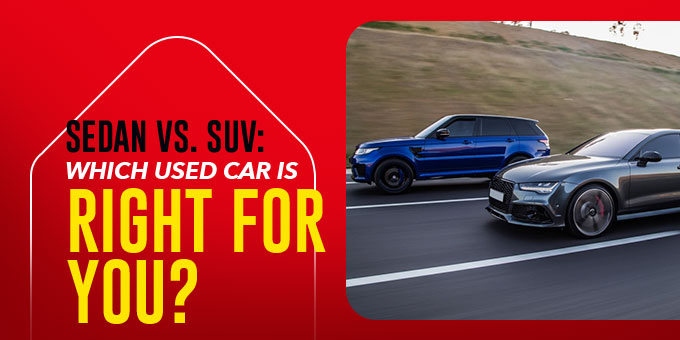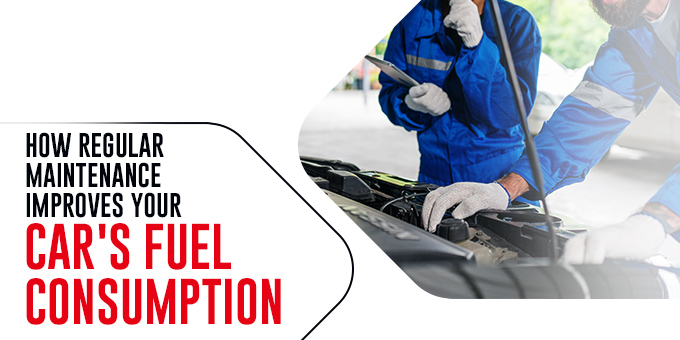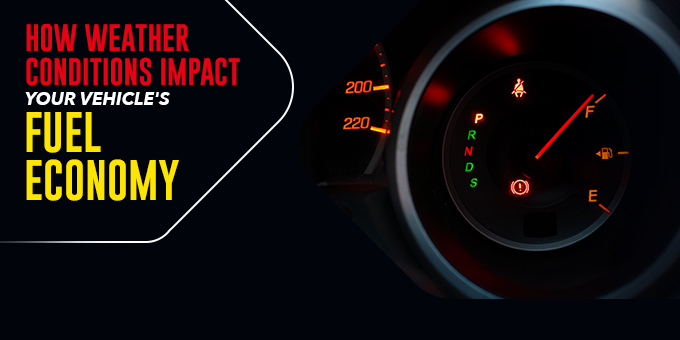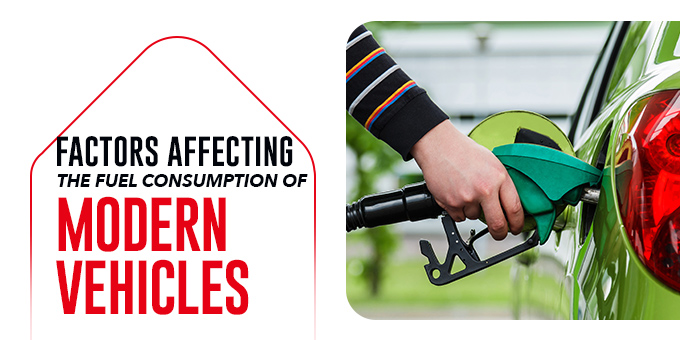Deciding which vehicle to purchase can often be a lengthy and tiresome process. With so many choices available, deciding between a sedan and an SUV is a crucial decision that affects your driving experience, budget, and long-term satisfaction. Both vehicle types have their advantages, but which one is the right fit for you? Let’s break it down to help you make the best choice.
Budget Considerations: Which Costs Less?
When buying a sedan vs. SUV used car, your budget plays a significant role. In terms of both the initial purchase price and continuing costs, sedans are often less expensive than SUVs.
Upfront Cost: Used sedans are often priced lower than their SUV counterparts. This is because SUVs are larger, require more materials to manufacture, and tend to hold their value better.
Insurance Costs: On average, sedans have a lower insurance premium. SUVs, being larger and more expensive, can have higher rates due to repair costs and their perceived risk of rollover accidents.
Maintenance and Repairs: Sedans are typically cheaper to maintain. Their spare parts, such as brakes, tires, or suspension components, are generally less expensive than those of an SUV.
All in all, a Sedan may be the better choice, especially if you are on a budget.
Fuel Efficiency: Which One Saves More on Gas?
Fuel economy is another essential factor when choosing between a sedan vs. SUV used car. Typically, sedans outperform SUVs in this category.
Sedans: Due to being lightweight and smaller, sedans offer better miles per gallon (MPG). Many sedans achieve 30+ MPG, making them the ideal companion for your daily commute.
SUVs: While modern SUVs have become more fuel-efficient, they still consume more gas than sedans. Larger engines and heavier frames lead to lower MPG, meaning higher fuel costs over time.
Therefore, if you prioritize fuel savings, a sedan is the better choice. However, if you need the space of an SUV, consider hybrid or compact models for improved efficiency.
Space and Comfort: Which Offers More Room?
Comfort and space are crucial factors, especially if you have a family or travel frequently.
Sedans: While some larger sedans offer decent space, they generally have limited rear-seat room and trunk capacity.
SUVs: Designed for versatility, SUVs provide more passenger and cargo space. Foldable seats, higher ceilings, and a spacious trunk make them the ideal vehicle for family road trips and transporting bulky items.
If space and flexibility matter most, an SUV is the better option. However, if you prioritize a compact and maneuverable vehicle, go for a sedan.
Safety: Which One Keeps You Safer?
Safety is a top concern for any car buyer. Both sedans and SUVs have strong safety features, but there are notable differences.
Sedans: Sedans are less likely to roll over because they typically have a lower center of gravity. Furthermore, modern sedans come with advanced safety technology, such as automatic emergency braking.
SUVs: The larger size of an SUV contributes to better protection in the event of a collision. However, due to their height and weight, SUVs are more prone to rollovers, which can be a significant safety concern.
If you prioritize stability and agility, a sedan is a safer choice. If you prefer higher ground clearance and more protection in crashes, an SUV might be better.
Driving Experience: Which One Feels Better on the Road?
Your driving preferences also play a huge role in choosing between a sedan vs. SUV used car.
Sedans: Provide a smoother, more controlled ride, especially on highways and city roads. Their lower profile enhances aerodynamics, improving handling and acceleration.
SUVs: Provide a full view of the road due to their higher seating position. However, while they may be sturdy, they may also be difficult to maneuver in tight spots or urban environments.
So, if you enjoy a sporty, nimble ride, a sedan is ideal. If you want a high-riding, powerful drive, an SUV is a better fit.
Climate and Terrain: Which One Handles Better?
The weather and road conditions where you live should also influence your decision.
Sedans: Perform well on paved roads and in mild climates. But because of their reduced ground clearance, they have trouble in off-road situations or areas with a lot of snow.
SUVs: Designed for rough terrain, SUVs handle snow, mud, and uneven surfaces much better. Most SUVs are either all-wheel drive (AWD) or four-wheel drive (4WD), which is ideal for harsh weather conditions.
If you live in an area with harsh winters or frequent off-road adventures, an SUV is the smarter choice.
Environmental Impact: Which One Is More Eco-Friendly?
With growing concerns about carbon footprints, it’s worth considering which vehicle is more environmentally friendly.
Sedans: Have smaller engines and better fuel efficiency, which reduces emissions.
SUVs: Traditionally, SUVs have been less eco-friendly, though newer hybrid and electric models are helping bridge the gap.
Therefore, if you wish to reduce your environmental impact, a sedan or a hybrid SUV is the best option.
Resale Value: Which Holds Its Value Better?
It is worthwhile to consider your car’s resale value if you intend to sell or trade it in later.
Sedans: Depreciate faster than SUVs because of less demand in the used car market.
SUVs: Tend to retain their value longer, as they remain popular among families and outdoor enthusiasts.
If resale value matters, an SUV might be a better long-term investment.
Towing Capacity: Which One Can Handle More Weight?
It is important to consider towing capability if you regularly tow heavy items like trailers or boats.
Sedans: Generally, sedans have limited towing capacity, usually maxing out at around 1,000 to 1,500 pounds. This is enough for lightweight trailers but not for heavy-duty hauling.
SUVs: SUVs are designed for towing, with some models capable of pulling up to 5,000 pounds or more. Furthermore, features like trailer sway control make them more suitable for hauling.
If towing is a priority, an SUV is the better choice for handling heavy loads safely and efficiently.
Final Verdict: Which One Should You Choose?
Now that we’ve explored all the key factors, it’s time to determine which vehicle best suits your needs. When choosing between a sedan vs. SUV used car, the decision ultimately depends on your lifestyle, budget, and driving habits.
Choose a Sedan If You Want:
Affordability: Sedans are generally less expensive to buy, maintain and insure.
Fuel Efficiency: If you frequently take long drives, a sedan will save you money on gas.
Smooth Handling: A lower center of gravity makes sedans easier to maneuver, offering a comfortable and stable ride.
Choose an SUV If You Need:
More Passenger and Cargo Space: SUVs are ideal for families, road trips, and hauling larger items.
Higher Ground Clearance: If you drive on rough terrain, an SUV’s extra height provides better off-road capability.
Resale Value: SUVs generally retain their value over time, making them a solid long-term investment.
Final Thought:
There is no universal answer to the sedan vs. SUV used car debate. It largely depends on your daily driving needs, lifestyle, and budget. Think about your priorities—whether it’s cost savings, fuel efficiency, space, or off-road ability—before making a final decision. Lastly, whatever you decide, be sure to research thoroughly, inspect the vehicle properly, and take it for a test drive.




